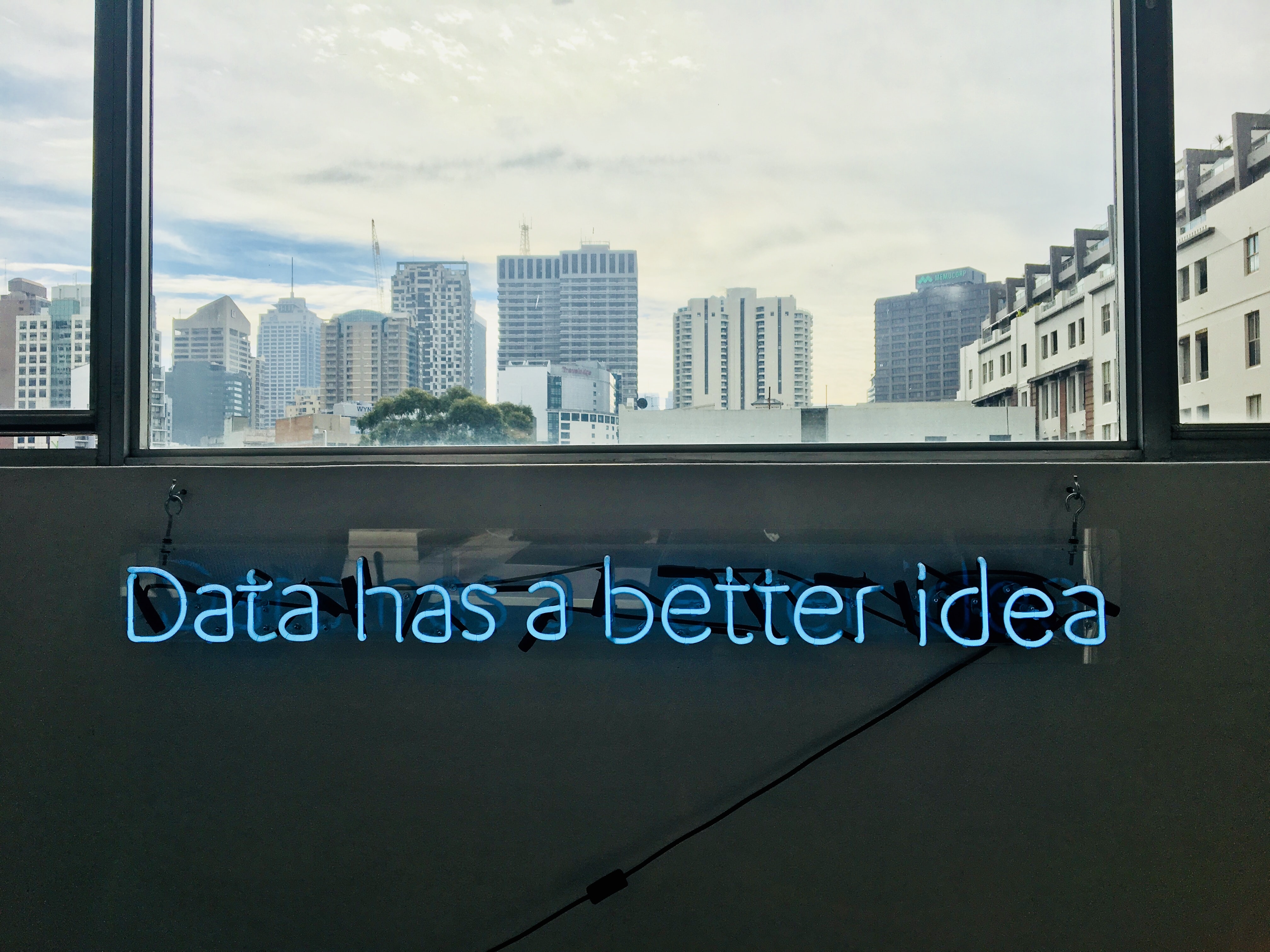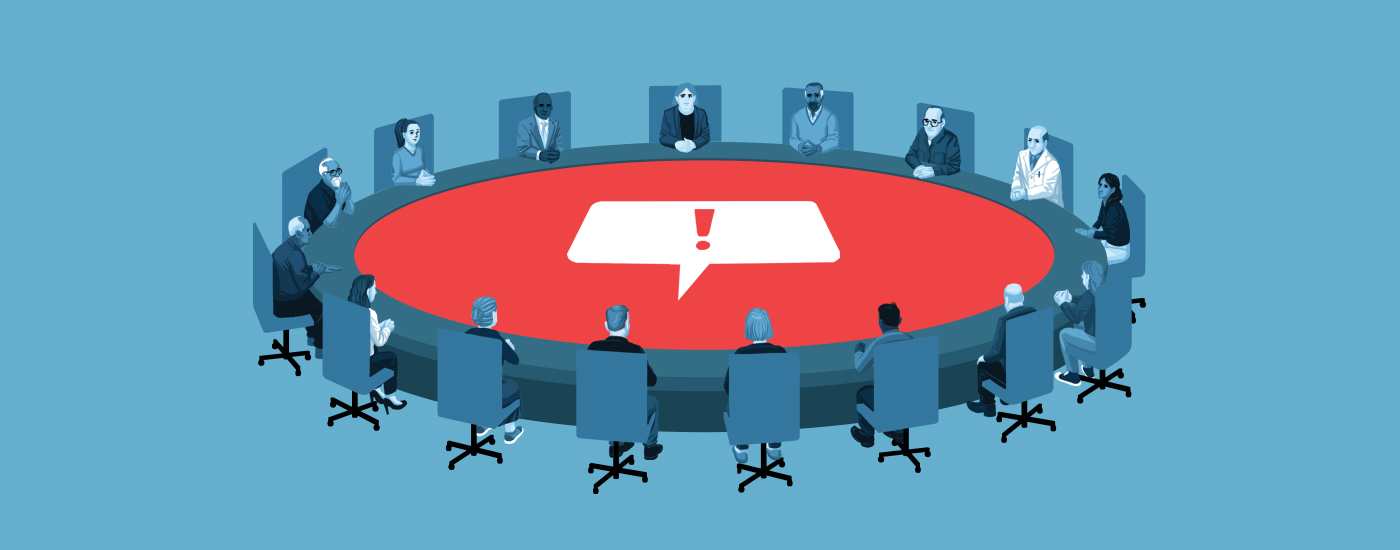Utopian or Dystopian: What does the Future of Data-Driven Government Hold?

Share this Post
Proliferation of data-science fields has improved the daily lives of people across the globe, offering tools to improve the ability of both state and non-state actors to fight poverty, provide healthcare, protect the environment and ensure an efficient delivery of public and private services. Digitization changes the way we engage with almost all aspects of our lives from access to healthcare and education to the way we work and pay for goods and services. Alongside its benefits, however, the expansion of data-driven government also poses a threat to democratic institutions and the privacy of citizens. As technological advancement continues to expand exponentially, how should governments, citizens, and businesses capitalize on the positive facets of new technologies while avoiding their risks?
The Pros and Cons of a Data-Driven Future
Data is a commodity of this century and the way we use it will shape how we live our lives in the future. Politicians are slowly coming to understand the importance of mastering the use of data to address the different challenges faced by their societies. Even though governments have been using statistics for a long time to better understand the needs of their systems, tech companies are developing tools and services to meet citizens’ needs and interests in a faster and more precise manner than governments are equipped to do.
The increased use of data by governments and the dependence on algorithms and machines in decision-making raise questions of legitimacy. Automating decisions based on large amounts of data makes it difficult to hold governments to account as algorithms get more sophisticated and the people who designed them become less capable of understanding the way algorithms produce results. An example can be found in cases where judges use algorithms and artificial intelligence to help define the sentence of a prisoner. Verdicts based on inputs introduced to a machine may be too complicated to understand from a judge’s perspective, while accepting a data-based decision may expose questions of legitimacy.
Assuming that automated data will be an inherent part of how governments function and interact with society, two possible outcomes can be imagined: On the one hand, data can help streamline resources, increase transparency, foster learning and optimize individual choices. On the other hand, data can be used for social control, to reinforce biases, misinform, or make government actions less accountable.
Data usage has the potential to dramatically improve modern life as we know it. One can think of a future in which optimized and tailor-made services better meet citizens’ needs. For example Estonia´s X-Road, a digital infrastructure that connects public and private sector e-Service databases into one digital platform, enables information and data exchange between different organizations. As a result of X-Road’s success, other governments are following suit and Estonia and Finland are developing a joint data exchange platform that will enable databases in both countries to assist with cross-border services and make e-services available to their citizens.
In parallel, we can also imagine a 1984 dystopia where data becomes a tool for social control. An example can be found in China´s social ‘credit’ system whereby the government monitors the behavior of its population and ranks them based on their social credit. Despite optimizing various demands of the Chinese society, this system based on data collection can easily develop into a dystopian nightmare of social control.
The manner in which we overcome the challenges and exploit the opportunities of a data-driven government will guide the future we will build. With basic standards of privacy and accountability, data can help improve the relationship between governments and their citizens. However, governments alone cannot address these challenges by regulation alone: tech companies must also build a healthier online environment.
How to Benefit from a Data-Driven Future
Governments, private companies, and civil society actors must think creatively in order to benefit from data usage, limit the potential to exploit data for social control, and manage the accelerated transition to an automated job market as low skilled work disappears. A multi-stakeholder approach is needed to address such challenges, whereby regulation is one of various creative solutions needed in the face of complex questions.
With significant job cuts expected in the wake of automation, governments need to think about offering a mix of training and social security policies to facilitate the transition of workers in the labor market in the short run. In the long term, steps need to be taken to regulate profits from technological development such that they don’t benefit only those higher on the socioeconomic echelon.
Educational systems and redistributive policies need to predict and align with the effects of the transition into a less labor-intensive market. Companies that heavily innovate in technologies that will substitute jobs with machines—such as self-driving cars and machine-automated costumer relations, for example—need to assume social responsibilities on this transition and work in tandem with governments to predict future demand for certain professional skills and help to retrain workers for new positions.
Legislation has an important role to play. Data protection laws should dictate the rules of what can and cannot be done with big data. Without comprehensive protection of citizens’ personal data and ways to verify and keep accountable those who develop machine learning applications, it will be difficult to reach the full potential of innovation without avoiding its risks.
If a democratic government neglects its duty to regulate data usage, it may find its power short-lived. A scenario where machine-automated decision-making replaces existing procedures of policy making by public authorities challenges the social contract between voters and elected officials. This issue should be on the public agenda if politicians want to avoid criticism about the lack of transparency and accountability that automation may bring. Governments should foster open-data and open-government initiatives in order to allow civil society to hold authorities accountable for their actions.
Given the opportunities and risks that big data poses, both a utopian and a dystopian future are possible and we will likely live a world in which both of them coexist. We should not blame technology for its negative consequences, but rather fix its loopholes to make it work for all of us. The manner in which citizens guide the use of technology in government and in society will determine whether we can take advantage of its benefits or live in fear of its consequences.
Israel Public Policy Institute (IPPI) serves as a platform for exchange of ideas, knowledge and research among policy experts, researchers, and scholars. The opinions expressed in the publications on the IPPI website are solely that of the authors and do not necessarily reflect the views of IPPI.
Share this Post

Fostering Israel’s Democratic Resilience in the Digital Age with a Disinfo Hub
The Case for a Designated Hub to Address Disinformation in Israel Disinformation has become an increasingly expansive phenomenon…

Algorithmic Bias in the Public Sector – A View from Austria
At first glance, an algorithm may be perceived as a more objective judge than a human. An algorithmic decision can be based on big…

Does Foreign Electoral Interference Violate International Law?
Interference in democratic decision-making processes carried out by outside powers is anything but a novel phenomenon. Especially during…
